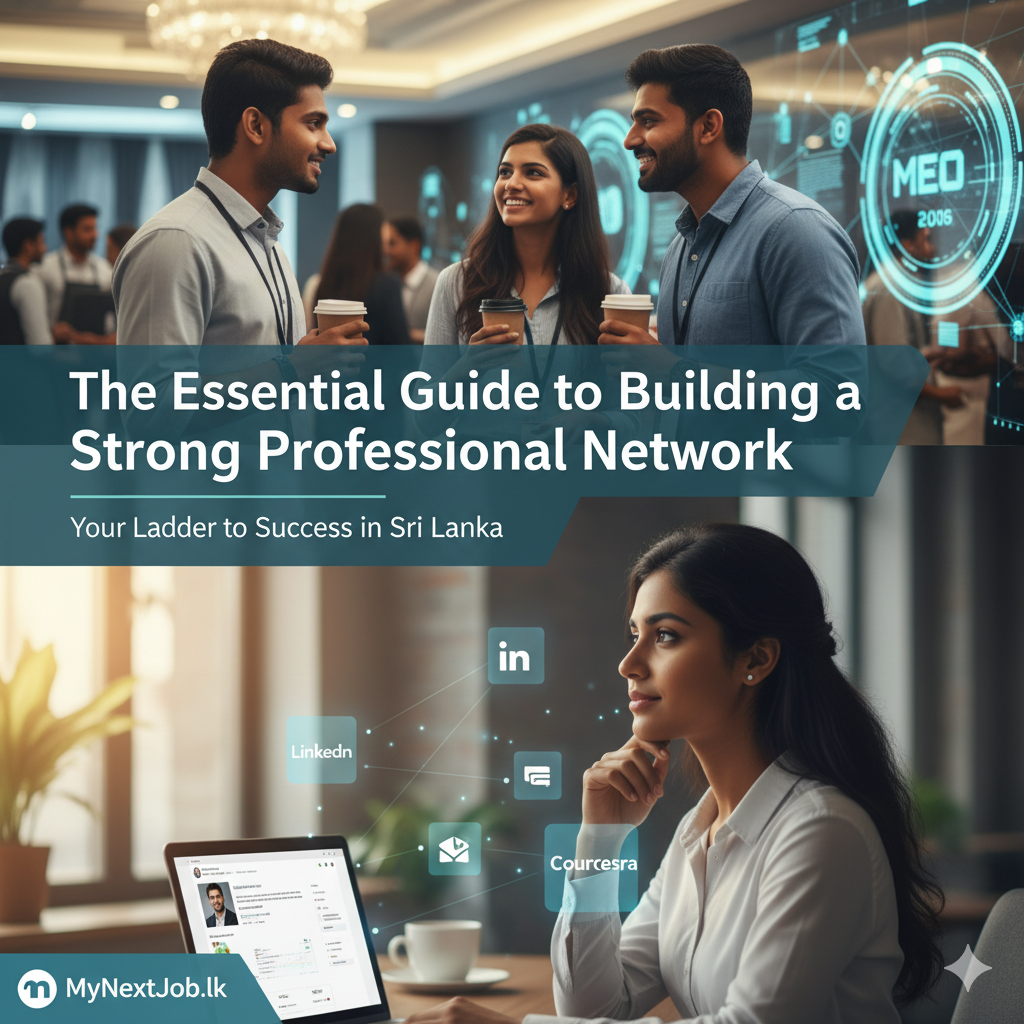For thousands of young Sri Lankans finishing their A/L or O/L exams, the next path is not always straight to university. In a job market where skilled labor is in short supply, **technical and vocational training** offers a faster, more secure, and often higher-paid route to employment than a generic degree.
This guide cuts through the confusion, providing a practical roadmap to employment, focusing on the highly demanded vocational sectors and essential skills needed to succeed without a university enrollment.
1. Challenge the Stigma: The Value of Technical Training (TVET)
There is often a stigma against vocational training, yet many high-demand trades pay significantly more than typical graduate starting salaries, with foreign job potential.
- Fast Track to Earnings: Vocational training programs (TVET) typically take 6 to 18 months, allowing you to enter the workforce and start earning 2–3 years faster than peers pursuing a university degree.
- NVQ Certification: The **National Vocational Qualifications (NVQ)** framework, overseen by the TVEC, is the official, government-recognized standard for competency. Achieving a high NVQ level (e.g., Level 5/6) is equivalent to a Higher Diploma and opens pathways for lateral entry into university degrees (SLQF).
2. High-Demand Pathways and Authorized Institutes
Focus your energy on sectors with proven, high demand that requires a certification rather than a degree. Always choose a government-approved institution for guaranteed certification.
- Tourism and Hospitality: The Sri Lanka Institute of Tourism and Hotel Management (SLITHM) offers government-approved courses in **Cookery, Pastry/Bakery, and Hotel Operations.** This provides accreditation, professional etiquette training, and access to the industry.
- Skilled Trades: The National Apprentice and Industrial Training Authority (NAITA) offers courses in **Automobile Mechanic, Welding, and Electrical/Electronics.** These trades are critical for local construction and manufacturing, and they are highly sought after for foreign employment.
- Healthcare Support: With global demand for caregivers and nurses, NVQ-certified courses in **Nurse Assistant** and **Caregiver** roles (offered by approved academies like Asiri or Lanka Hospitals Academy) provide immediate job security both locally and internationally.
3. Essential Skills to Secure Your First Job
Employers need school leavers who demonstrate maturity, reliability, and the foundational soft skills necessary for the corporate environment.
- English and Digital Literacy: These are the non-negotiable minimum requirements for any executive or administrative post. Proficiency in the English language and basic computer literacy (MS Office, data entry) are essential for private sector jobs.
- Attitude and Discipline: Focus on demonstrating strong **self-discipline, reliability, and organization.** In an interview, highlight any instance where you took initiative, maintained punctuality, or completed a long-term project (school or extracurricular) successfully.
- Transferable Skills: Even without work experience, frame your co-curricular achievements (sports team, school club leadership) in terms of **project management, teamwork, and leadership** to show your potential for managerial roles.
Your first step after A/L or O/L is a critical investment. By strategically choosing a vocational path and acquiring a respected certification, you can bypass graduate unemployment queues and secure a high-demand, high-income career sooner.





